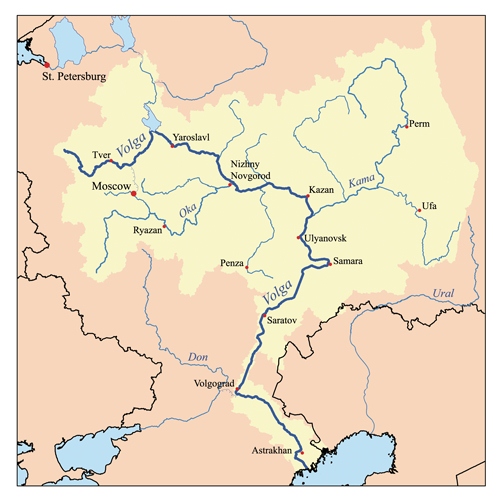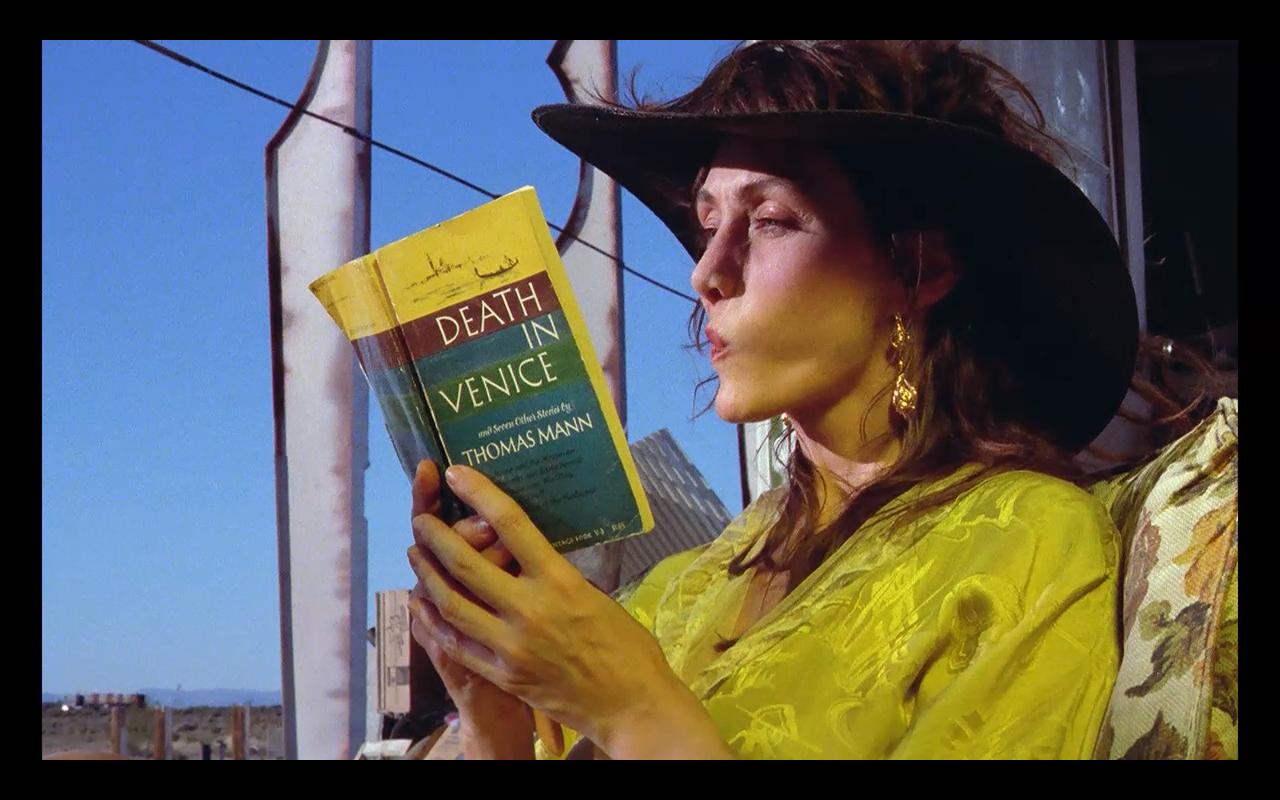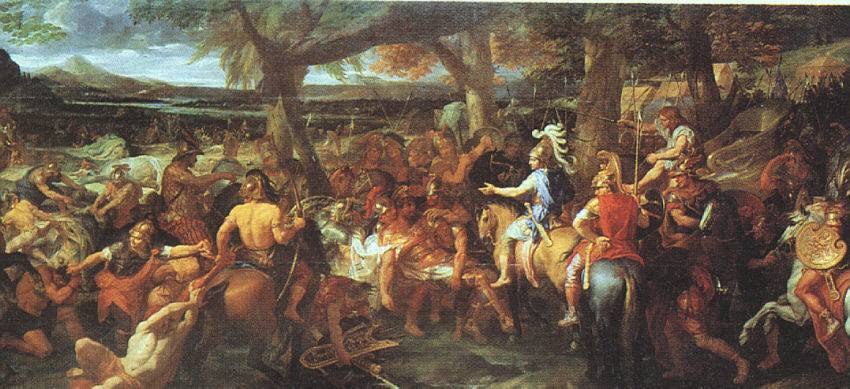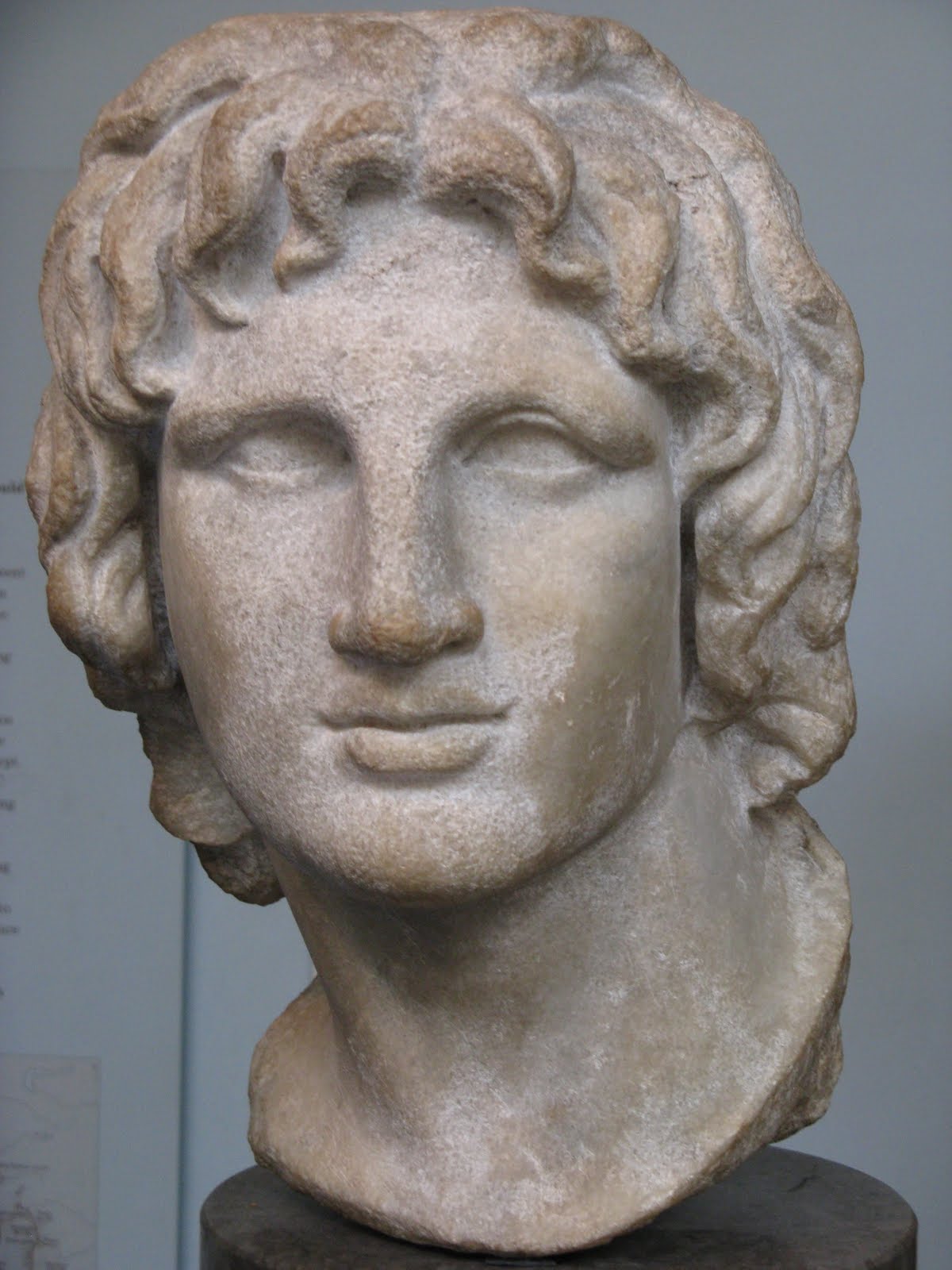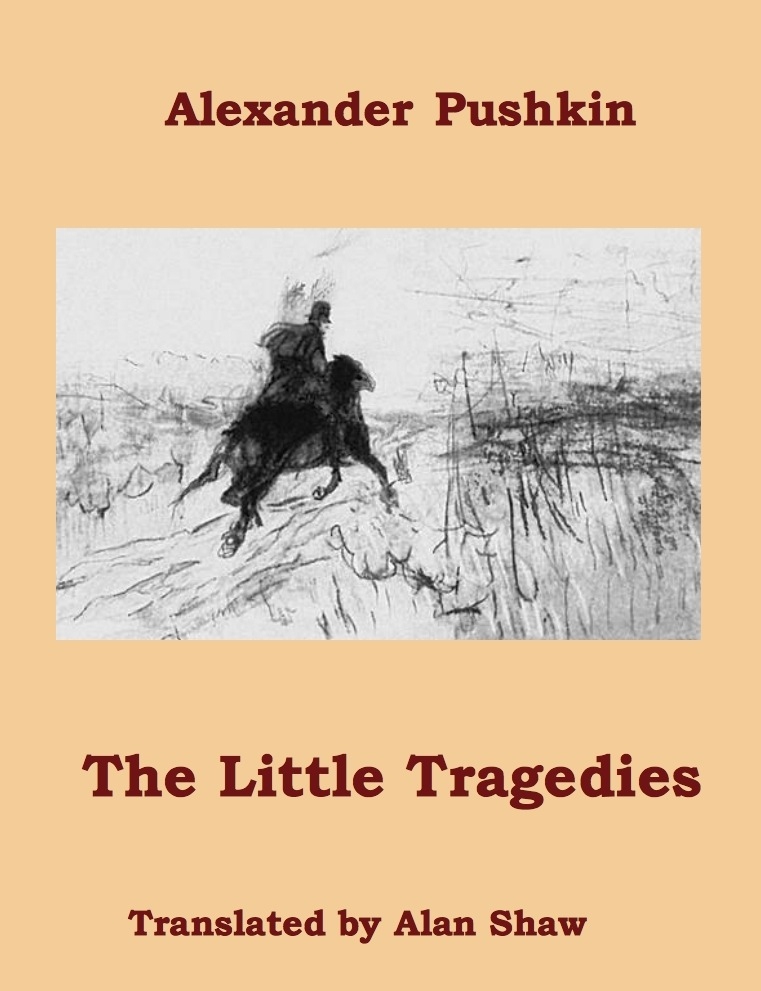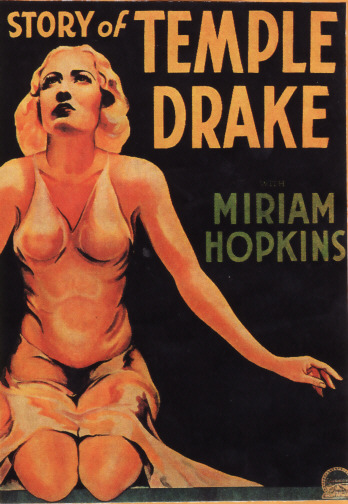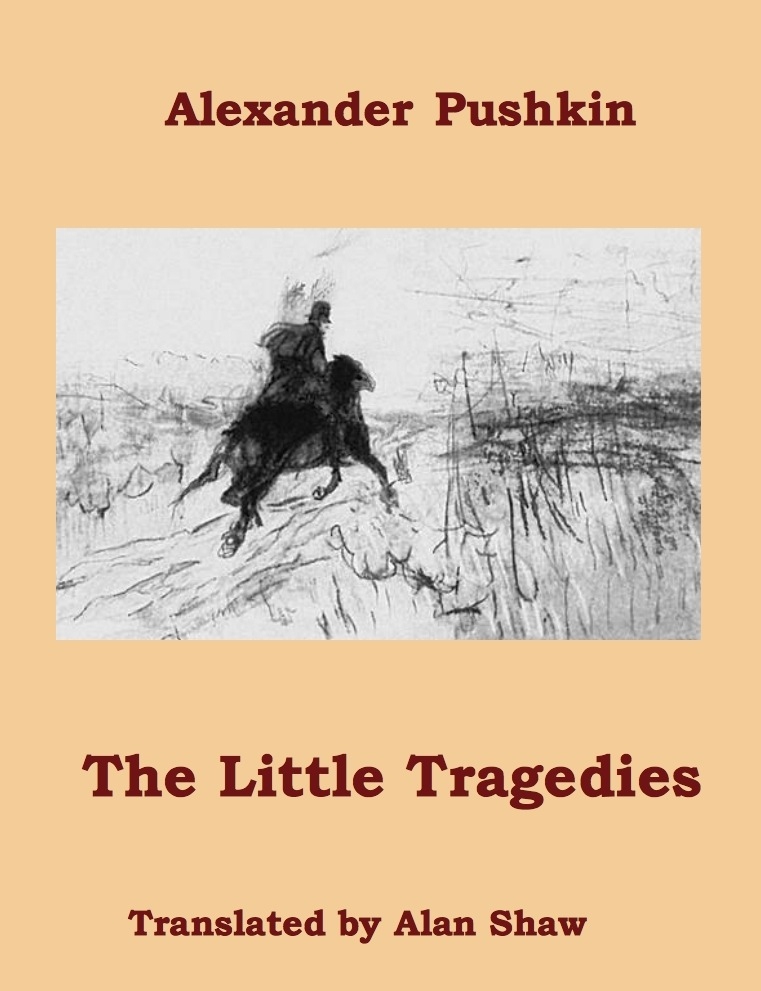Continuing with some of the lesser points in Life and Fate…see my links post for Vasily Grossman and Life and Fate for reviews that cover both very well. Many of the links in that post mention Grossman’s love for Anton Chekov’s work and some similarity in style. Several authors are mentioned in Life and Fate, […]
Author: Dwight
Scanning through the links I posted on Vasily Grossman and his book Life and Fate I see the reviews do an extremely good job summarizing the book and covering his life. Instead of restating the same points I’ll post on a few topics in the book most of those reviews did not cover (probably for […]
The Europe of Vasily Grossman, the founder of a second tradition of comparison, was one in which the Soviet Union and Nazi Germany were at war. Grossman, a fiction writer who became a Soviet war correspondent, saw many of the important battles on the eastern front, and evidence of all of the major German (and […]
In the Crito Socrates repeatedly refers to doing what is right as compared to doing what is expedient or what will placate others. The point he arrives at in his reasoning for following the laws provides an early example of a social contract, but he deliberately avoids examining possible conflicts (such as a concern he […]
A break from regular posting… So a while back (OK, over 20 years) I had the day off for jury duty. As I’m heading out the door, I grab a book I recently bought at a used bookstore to have something to read during the wait. No jury was empaneled that day so I went […]
There are several areas in the Crito I highlighted in the previous post that I plan on discussing in additional posts like this one. For this post I want to look at the conflict between Socrates’ conclusion of the Crito that he must obey the laws with the following statement he made in the Apology […]
Somewhere in this procession the “Socratic Revolution” takes place: the warrior ethic of Achilles at Troy is superseded by the civic ethic of Socrates in Athens. –from Grand Strategy: Literature, Statecraft, and World Order by Charles Hill (Yale University Press, 2010), page 32. I had planned on a series of post about the Crito that […]
As the beginning of the Phaedo relates, Socrates did not die until a month after his trial, which followed by a day the sailing of the Athenian state galley on an annual religious mission to the island of Delos; no executions were permitted during its absence. Crito comes to tell Socrates of its anticipated arrival […]
Thus, even wholly trustworthy writers who kept company with Alexander at the time do not agree in their writings about events that were public and known to them personally. – From 4.14.3, all quotes from The Landmark Arrian: The Campaigns of Alexander, translation by Pamela Mensch Arrian seems to give the game away on his […]
Alexander and Porus, Charles Le Brun (1673) Picture sourceI wanted to highlight a few of the good, bad and really bad things that happen in these pages. If pointing out Alexander’s dark side makes me “mean, obscure and dull”, so be it. The Good Alexander solidifies his reputation for military genius in many different and […]
He completed his PhD, entitled “To Hear The Lamentation of Their Women: Constructions of Masculinity in Contemporary Zamoran Literature” at UCD and was appointed to the School of English in 2006, after sucessfully decapitating his predecessor during a bloody battle which will long be remembered in legend and song. In 2011/12, he will be teaching […]
We had a lively conference call on Arrian’s The Campaigns of Alexander Monday evening and once again I will recommend participating in the Reading Odyssey programs, even if it is only to listen to the conference calls (which you can do with the latest one at this link). In this call we had an interesting […]
Bust of Alexander the Great Picture source Robert Lowell, in “Death of Alexander” from History (1973): No one was like him. Terrible were his crimes— but if you wish to blackguard the Great King, think how mean, obscure and dull you are, your labors lowly and your merits less…
I finished Alexander Pushkin’s The Little Tragedies, an e-book translated by Alan Shaw. The pieces included are “The Miserly Knight”, “Mozart and Salieri”, “The Stone Guest”, and “Feast During the Plague”. I have posted on “Mozart and Salieri” earlier: Pushkin does a wonderful job of embodying two disparate views of art in his characters. Salieri […]
I want to mention the scheduled showing of The Story of Temple Drake (1933) on TCM at 8pm (Eastern) on September 14. Based on William Faulkner’s Sanctuary, which he described as a “potboiler” (although how much he meant that is debatable), I’m anxious to see the version TCM will show. The movie, filmed pre-Hays code, […]
Driving home yesterday I heard singer Melanie O’Reilly do a song titled “I Lose My Breath”, inspired by Molly Bloom in Joyce’s Ulysses. Instead of using Molly’s words directly (and avoiding Kate Bush’s 20+ year odyssey), O’Reilly turned to The Irish Book of Invasions for lyrics. If interested in the song, you can hear it […]
I tried to keep both prefaces in mind when reading Arrian’s book because they frame everything that follows. Arrian defends his reliance on Ptolemy and Aristoboulos in the opening preface but the disagreement between their reports as well as discrepancies with additional sources stand out in this section. Arrian highlights these differences, lays out several […]
Due to a loss in the family, posting will be sporadic this week. I wanted to go into detail about Books 4 and 5 of Arrian’s The Campaigns of Alexander but I may only have time to post on thematic and stylistic points in this section before the book discussion call on September 12. I […]
No, not together, or on film together…although that might be a fun concept. I have mentioned Win Riley’s documentary on Walker Percy a few times. Despite thinking the movie thin in a few places, I highly recommend watching it when it will be shown on PBS on October 4, 2011. Here’s the link to the […]
I have mentioned Alan Shaw a few times in relation to Alexander Pushkin and will do so again. His translation of The Little Tragedies is now available as an e-book. He graciously sent me a copy and I’m enjoying it a lot. Contents include “The Miserly Knight”, “Mozart and Salieri”, “The Stone Guest”, and “Feast […]
